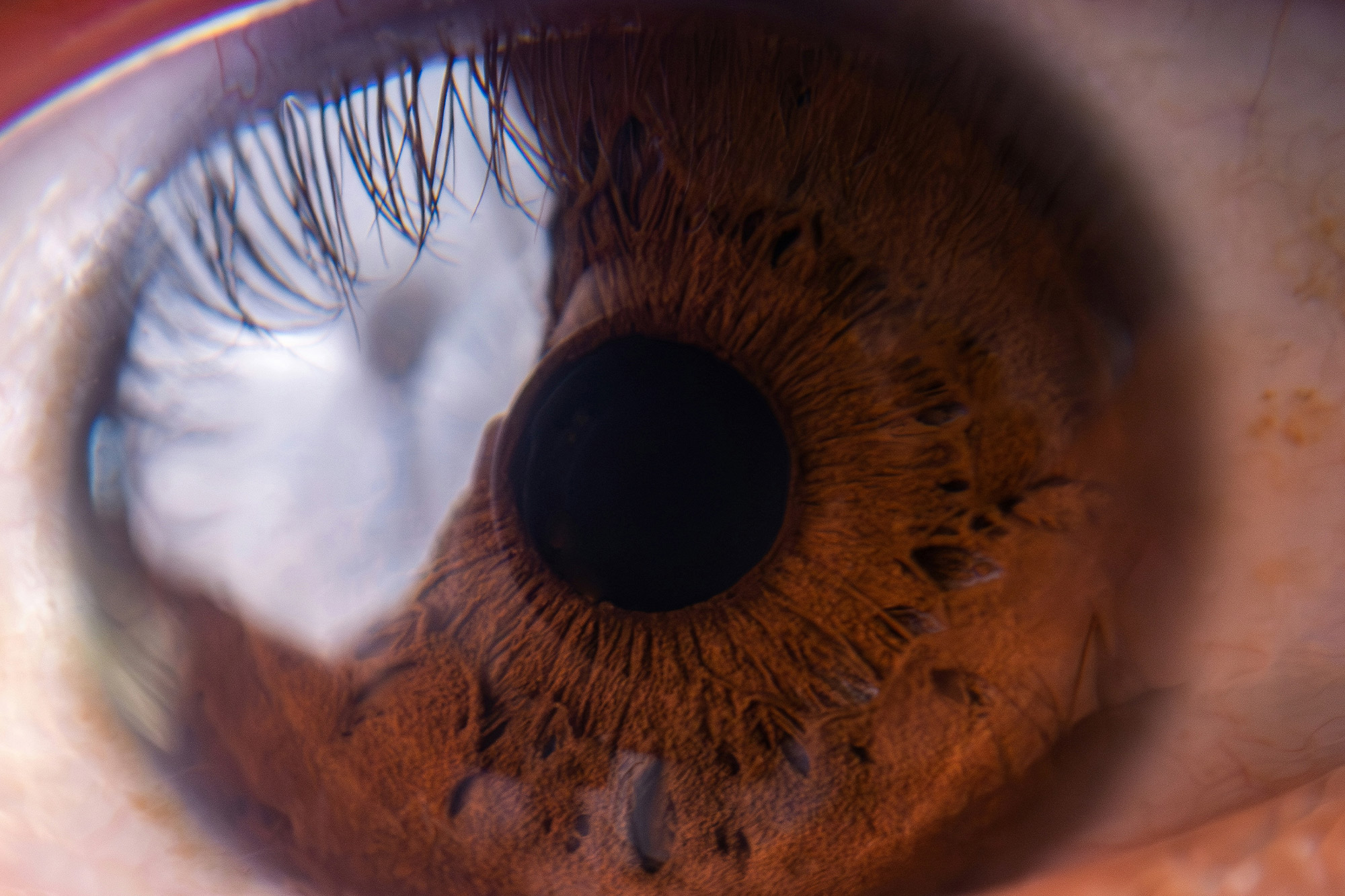


Posterior capsular opacification, often shortened to PCO or mistakenly referred to as a secondary cataract, is a relatively common condition that affects 20%-50% of people after cataract surgery.
While that number seems pretty high, rest assured that it’s completely treatable with a single short and minimally invasive procedure known as a YAG laser capsulotomy (but more about that later…)
What is Posterior Capsular Opacification?
A cataract forms when proteins within the eye settle on and build up on the natural lens. Surgery removes this, replacing it with an artificial one, called an intraocular lens (IOL).
A small amount of the capsule that surrounds the natural lens is left in the eye—it’s where the surgeon attaches the IOL. PCO occurs when cells grow over this, disrupting the free flow of light through the eye and causing vision problems similar to the original cataract, such as:
- Blurring.
- Clouded vision.
- Colors appear muted.
- Seeing halos around lights.
- Sensitivity to glare and bright lights.
It’s this mimicking of symptoms that has led to the term “secondary cataract” becoming so common.
The exact prevalence of posterior capsular opacification is unclear. Figures from studies are constantly being released, all of which come up with different numbers. This is why the above-mentioned range of 20%-50% is so wide. However, what is clear is that the vast majority of PCO incidences tend to occur in the 2–9-year post-op range (although it can happen at any time).
Some situations that increase the risk of developing PCO include:
- Having diabetic eye disease.
- Other co-existing eye conditions, such as glaucoma.
- Extreme shortsightedness (myopia).
- A complication during or after cataract surgery that causes inflammation within the soft tissues of the eye.
- Having cataract surgery earlier in life.
However, it can develop in anyone—even those who are at lower risk.
PCO Treatment Options
While a little annoying, treating PCO doesn’t involve further major eye surgery. A YAG laser capsulotomy is a very short, simple process that only takes a few minutes and has more than a 95% success rate.
Low-risk and painless, you’ll be given dilating eye drops and ones that numb the eye. The laser is used to cut a small hole in the center of the lens capsule. This allows the light to flow straight through the eye once again, while leaving enough in place for the IOL to remain secure. The light emitted by the laser is unnoticeable to human vision. However, you may see a red light, and you’ll probably hear some clicking. A few minutes later, it will all be over.
You’ll probably have slightly blurred vision from the dilating eye drops, so you shouldn’t drive until this wears off. Apart from that, you’ll be able to get back to normal activities virtually straight away. Recovery only takes a few days, but you might experience an increase in eye floaters. These are harmless and will reduce and settle down over time. This is just the remnants of the removed tissue naturally dissipating within the eye.
There are very few reasons why posterior capsular opacification would ever return. So few, in fact, that it’s virtually guaranteed not to happen (current research puts this at 0.31%-0.7%, according to a study done by McPherson and Goven). In these extremely rare cases, treatment is a further YAG laser session.
Further research is ongoing into the reasons why PCO happens in the first place. This is something that the West Boca Eye Center is actively involved in, with Dr. Brent Bellotte being a leading figure in the field of advancing cataract care. His expertise is one of the many reasons many people travel to the Florida clinic, taking advantage of the world-leading treatment and procedures on offer.
Discover more at https://www.westbocaeyecenter.com/services/cataract-surgery and call today to book a consultation.
Book an appointment
Fill out the form below and our staff will reach out to you quickly to fully book your appointment and receive all of your necessary information.
Specializing in modern cataract surgery.
Located 1/2 miles North of West Boca Medical Center on Glades Road, directly behind Macy's Furniture Gallery.
West Boca Eye Center
9325 Glades Road, Suite 201.
Boca Raton, FL 33434


